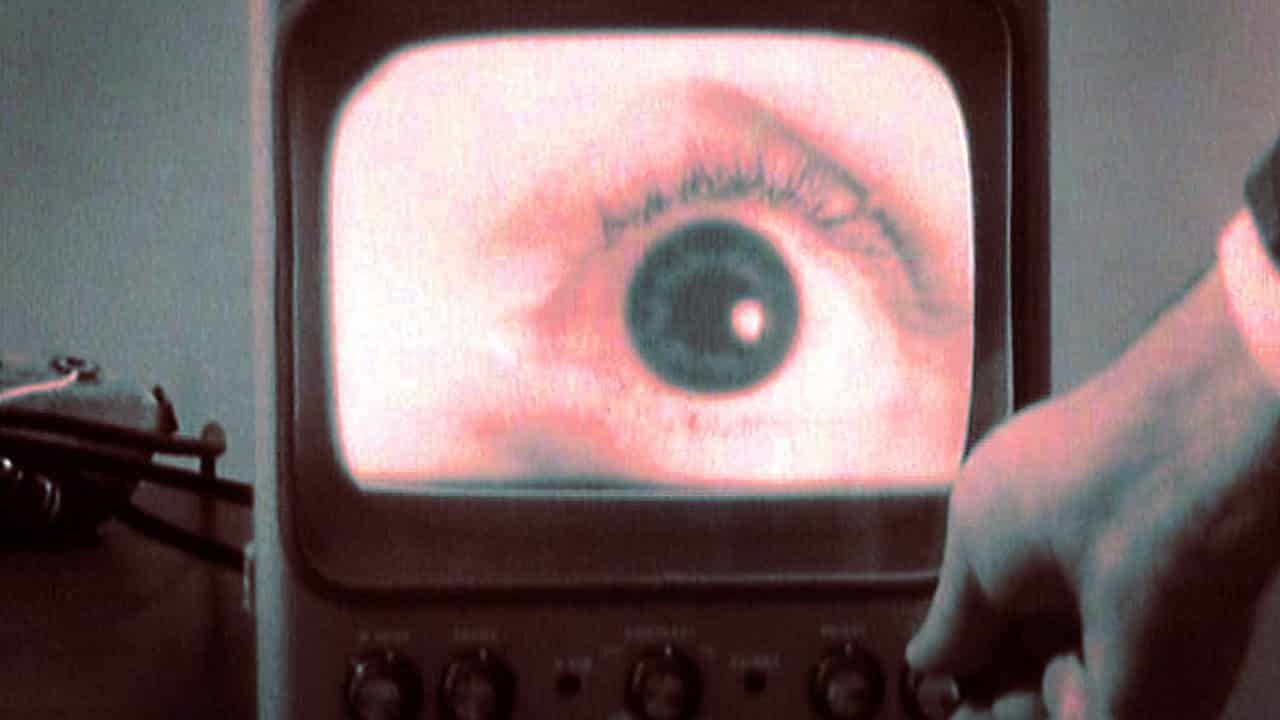All Watched Over by Machines of Loving Grace
All Watched Over by Machines of Loving Grace presents a thought-provoking analysis of the relationship between humans, technology, and society. Created by British filmmaker Adam Curtis, this three-part series challenges the notion that computers have liberated humanity, arguing instead that they have distorted and simplified our view of the world around us.
The documentary takes its title from a 1967 poem by Richard Brautigan, which envisions a cybernetic ecology where humans and machines coexist in harmony. However, Curtis’s work paints a more complex and often unsettling picture of this relationship.
In the first episode, “Love and Power”, Curtis traces the influence of Ayn Rand’s ideas on American financial markets, particularly through Alan Greenspan, a member of Rand’s inner circle. The episode explores how Rand’s philosophy of Objectivism inspired Silicon Valley technologists, leading to the emergence of the Californian Ideology – a techno-utopian belief that computer networks could measure, control, and stabilize societies without hierarchical political control.
The second episode, “The Use and Abuse of Vegetational Concepts”, challenges the modern scientific idea of nature as a self-regulating ecosystem. Curtis argues that this concept is actually a machine fantasy, based on cybernetic ideas projected onto nature by ambitious scientists in the 1950s. The episode suggests that this static machine theory of order views humans and everything else on the planet as mere components in a system.
In the final episode, “The Monkey in the Machine and the Machine in the Monkey”, Curtis examines why humans find this machine vision so appealing. He posits that it’s because all political dreams of changing the world for the better seem to have failed, leading us to retreat into machine fantasies that absolve us of responsibility for our actions. The episode also delves into the selfish gene theory and explores the source of ethnic conflict in the Democratic Republic of Congo, drawing parallels between colonial oppression and the actions of Western conservationists.
Throughout the series, Curtis weaves together disparate threads of history, science, and philosophy to create a narrative that challenges our understanding of the world and our place in it. The documentary raises important questions about the role of technology in shaping our perceptions and the potential consequences of relying too heavily on machine-driven systems to organize our societies.










